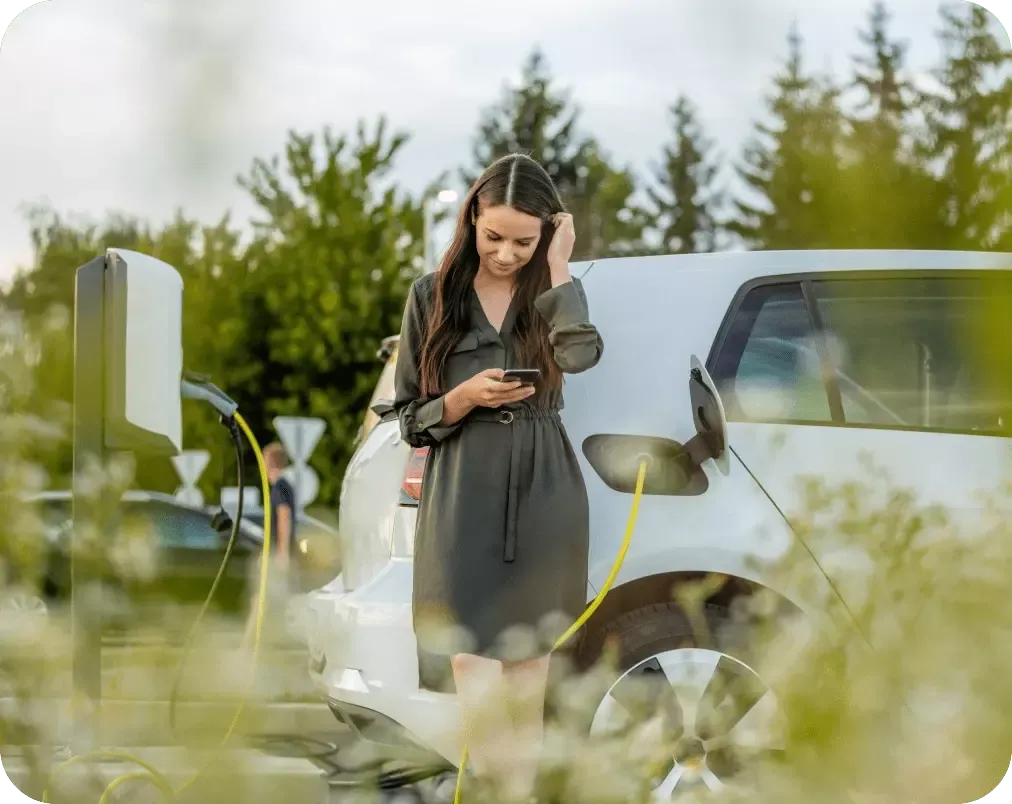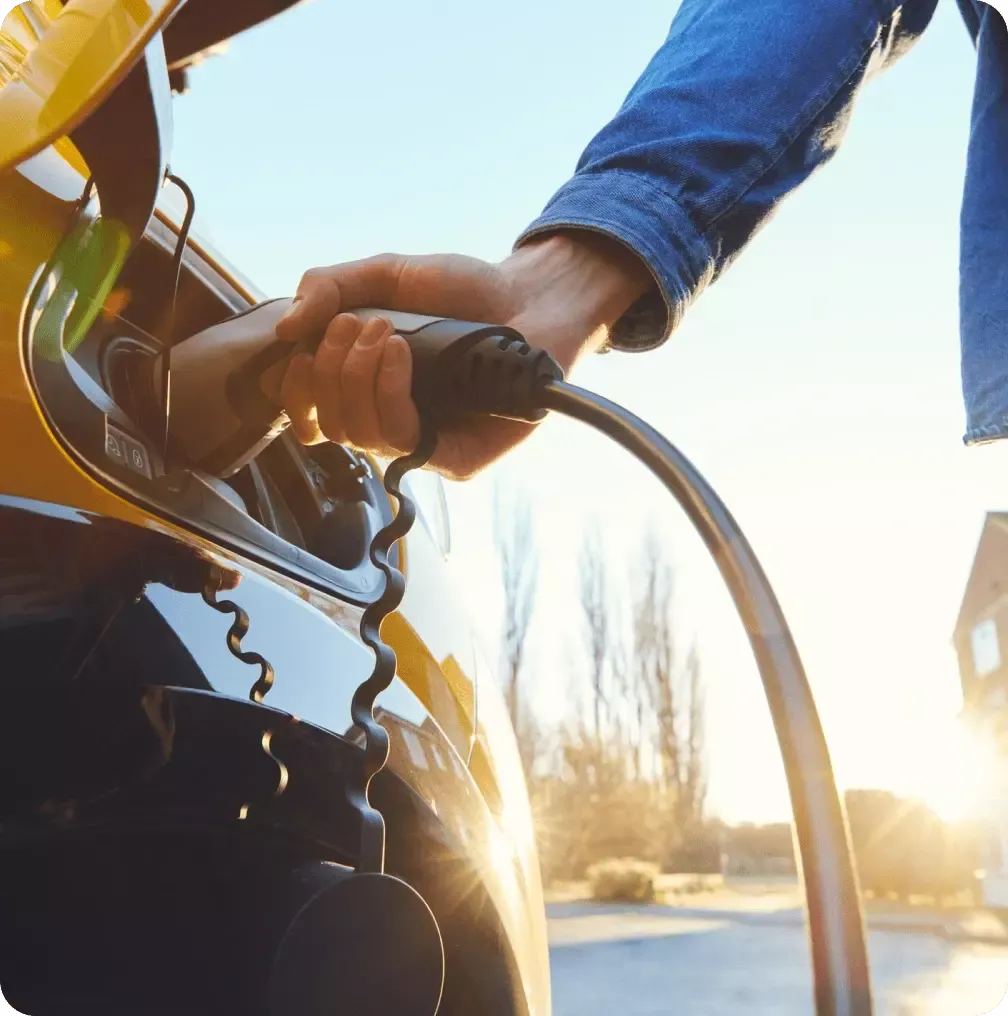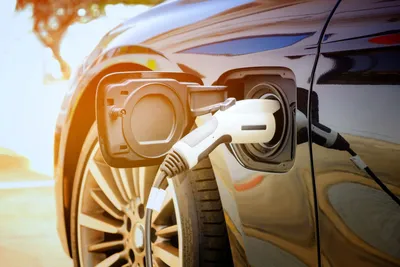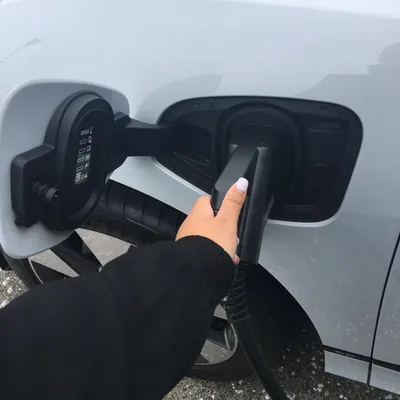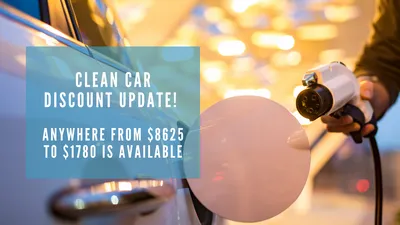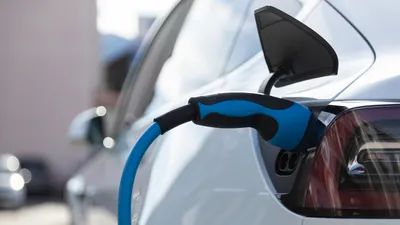ELECTRIC VEHICLES
Driving into the sustainable future
Drive anywhere with zero emissions. Electric Vehicles are cheaper to run, better for the environment, and have lower maintenance costs compared to a petrol/diesel car. Electric cars are the future and here's why you need one.
MAKE THE SWITCH
Why buy an electric vehicle?
EVs are cheaper to run and better for the environment.
-
Reduce your greenhouse gas emissions
- When driven in NZ EVs emit ~80% less CO2 than an equivalent petrol vehicle because the electricity generated here is ~80% renewable (mostly from hydro, geothermal and wind)
-
Lower lifecycle emissions
- An EV emits ~60% less climate-changing emissions over their full lifecycle, than a petrol equivalent vehicle, even after manufacturing, shipping and maintenance are taken into account.
-
Cheaper to run
- Charging your EV at home during off-peak times (at night and weekends) is similar to buying petrol at 40c/litre!
-
A Nicer Ride
- EV's can instantly deliver full power when you accelerate, thanks to its gearless design, while being virtually silent. They excel at climbing hills and recharge while descending due to regenerative braking.
Green means go
Charging your EV
The cheapest and cleanest option for charging your EV is at home, overnight, during off-peak times. Power used during off-peak times is when the demand for electricity is at its lowest, cheapest and most likely to be generated by sustainable sources.
Charging your EV at home requires either a wall-mounted charging unit or a portable 3-pin cable.
- Dedicated wall-mounted charging unit - makes charging your EV easy, safe and efficient. You have better control over the charging as many units have smart features that allow us to signal low cost and low demand times to charge.
- Portable 3-pin cable - a portable backup charger is typically supplied with your EV when you buy it. These can be used with other charging options that aren't available, but are slower at charging than the wall-mounted units and fast/ super fast chargers around the country.
Public EV chargers are popping up throughout the country as EVs become commonplace. New Zealand’s leading public rapid charging network ChargeNet has over 280 fast charging stations around the country and is continuously growing. Tesla Superchargers are continuing to grow, with the rollout of V4 Superchargers underway around the country. Both of these charging networks are supplied by 100% Ecotricity's Toitū climate positive certified electricity.
If you have a charger, remember to share it with your fellow EV drivers too! Download the plugshare app to get the most accurate EV and Tesla charging station map. We are suppliers to the largest electric vehicle rapid charging network - chargenet and tesla. Public charges are everywhere, at least 75km from each other on most NZ state highways, but almost always in every large town. You are never too far from our next charge, and the charging network is growing constantly. There are different types of charges around the country:
- Fast chargers — Use them to drive beyond your EV’s battery capacity in one go. They can add around 100km of range to the battery in 20-30 minutes. They typically cost about $10 per 100km. Many plug-in hybrid EV can’t use them.
- Slow chargers — Top up while you do something else. Charging is usually free and can take several hours. Find them at places like shops, hotels and tourist attractions. Bring your own supply lead. If in doubt, AA roadside assist have EV charging vans (just in Auckland at the moment) which hold lightweight chargers which take 20-25 minutes to give you enough charge to drive to the next charging station.
If in doubt, AA roadside assist have EV charging vans (just in Auckland at the moment) which hold lightweight chargers which take 20-25 minutes to give you enough charge to drive to the next charging station.
Portable chargers can be carried around in the back of your EV / PHEV as an emergency charger and can be plugged into any standard 10 amp socket around NZ. They are generally used for sipping, topping up, or a full charge over 6 to 12 hours, depending on your model.
We’ve partnered with Evnex to offer a reliable EV charging experience that helps reduce your electricity costs and carbon footprint at home. Ecotricity customers are eligible for $100 off an Evnex E2 smart charger. Just enter code ECO100 at checkout.
I need help with EV charging, who can I ask?
The Evnex team is available during business hours to take your call or chat online. They build and develop their own charger hardware and software and are experts in all things EV charging. Contact Evnex.
What type of electric car can I charge with an Evnex EV charger?
Evnex chargers are compatible with all electric vehicle makes and models.
Where are Evnex chargers manufactured?
They are proudly a New Zealand company who design, manufacture, and develop EV chargers in Christchurch.
How do I purchase an Evnex charger?
To receive $100 off an Evnex E2 charger only, use this page – and be sure to use the code ECO100 at checkout.
To receive $150 off Evnex’s RRP for an installed charger, just ask the Evnex team, letting them know that you’re an Ecotricity customer, and they’ll apply a $150 discount to the quote.
FAQs
Got a question
EVs have maximum power from a standing start. They can accelerate quickly, and currently, New Zealand’s fastest street-legal car for a quarter-mile is an electric car beating all V8s.The fastest production EV is a Tesla P100D which quietly reaches 100 km/hr in 2.5 seconds (Ludicrous Mode – Tesla Model S). Hold on tight!You can now also buy an electric 4wd PHEV to fit the whole family in!
If you plug your car into a 10 amp socket, it will take about 4 hours to charge. If you have a dedicated 7 kW charger, it will take 1 – 2 hours to charge, depending on the type of EV you have.
EV batteries are different from mobile phone batteries as they are made up of several individually controlled battery modules. These modules use space-age technology to cycle battery modules to ensure long battery life individually. You can typically charge your car as often as you like to keep the battery topped up. Studies have shown that using Rapid or Fast Chargers does not deteriorate EV batteries any faster than normal use. EV batteries generally have a warranty period of around 8 years which guarantees you won't lose more than 30% in those 8 years. Batteries should last around 15 to 20 years and still be relatively usable with the current technology but are improving and becoming cheaper over time. Second-hand EV batteries can also be used for home energy storage. Replacement batteries for a Leaf in the US currently cost about NZD6,000. However, some manufacturers like Tesla are also starting to release replacement batteries with higher capacity/distance batteries than the original battery. So, your EV is like a fine wine, and it just keeps on getting better.
Yes. Electric motors are very, very efficient. Think of how our electricity is delivered, transmission lines from all parts of the country and mostly renewable sources, and loses only around 10% in transmission losses.Consider now the process of fossil fuels and how they are delivered.
- Drill a bottomless hole, sometimes offshore.
- Pump it to the surface, load it onto ships.
- Refine it (that uses a lot of electricity, by the way), ship it again.
- Truck to holding tanks, truck to petrol pumps.
- Electricity is then needed to pump the fossil fuel into your car.
How much energy is required for all of this? A lot! Further, fossil fuel cars are only about 30-40% efficient when they burn the fuel.The step into EVs is a massive step forward in technology, emissions, and savings for the consumer.
Very. Now, time to go shopping for one.
